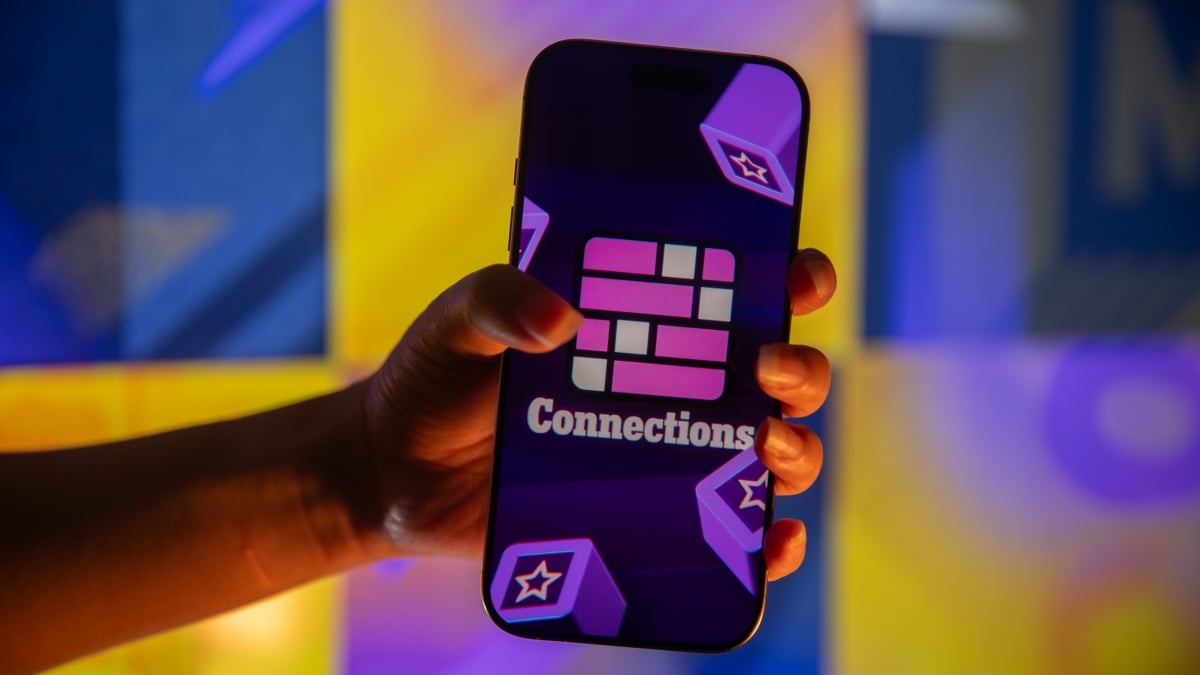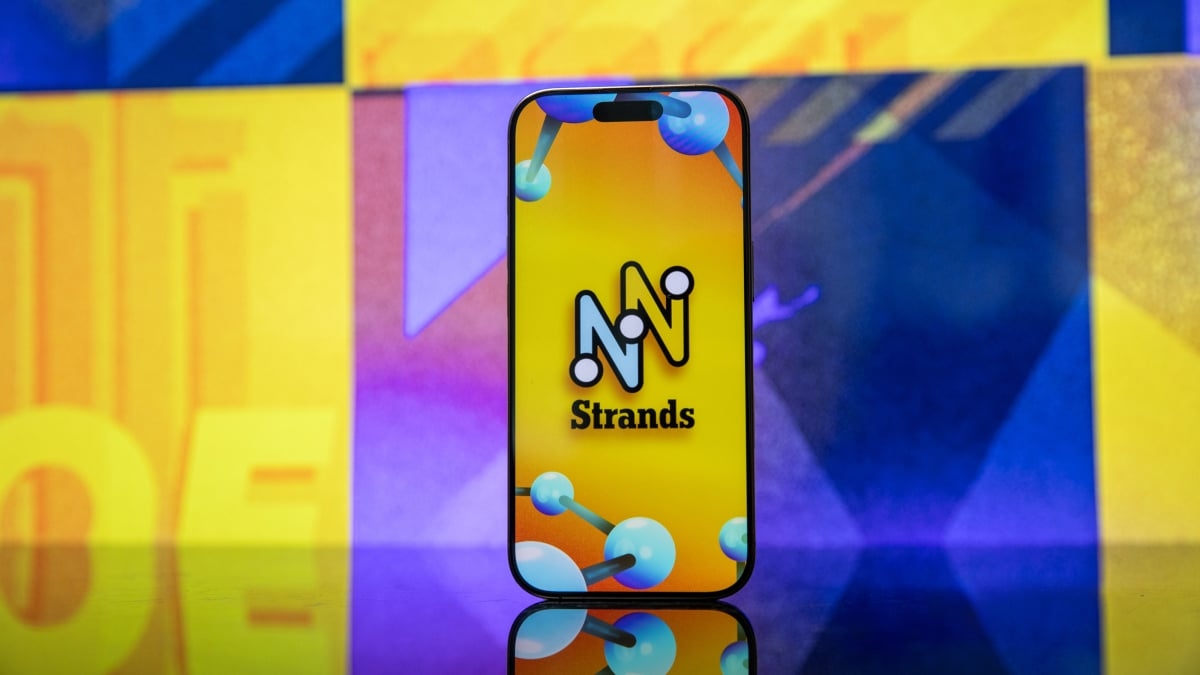Lyft Partners with Tensor to Launch “Lyft-Ready” Autonomous Vehicles

As the autonomous vehicle revolution gathers momentum, Lyft has unveiled a strategic partnership with Tensor that could reshape how consumers think about vehicle ownership and monetization. The collaboration promises to deliver the world’s first “Lyft-ready” autonomous vehicle straight from the manufacturer, heralding a new era for personal vehicle use and ridesharing. But what does this mean for small business owners, particularly those in the transportation sector?
Lyft’s agreement with Tensor marks a significant step forward in the realm of Level 4 autonomous vehicles (AVs). This partnership will allow Tensor’s groundbreaking Robocar to become operational on Lyft’s rideshare platform right off the assembly line. Lyft has secured hundreds of these vehicles for its own fleet, aiming to expand its transport network and enhance service offerings.
Key Takeaways for Small Business Owners:
- Monetization Opportunities: The Tensor Robocar allows individual owners to generate income by seamlessly integrating their vehicles into the Lyft platform, even when they’re not in use. This could be a game-changer for small business owners who often seek ways to maximize asset utility.
- Technological Edge: Tensor’s Robocar is powered by NVIDIA technology, ensuring high safety standards and advanced onboard AI capabilities. For business operators in the transportation sector, access to state-of-the-art autonomous technology could be vital in attracting clients and improving service delivery.
- Luxury Experience: The Tensor Robocar promises a premium transportation experience, combining comfort and automation. This could appeal to businesses in the hospitality and corporate sectors that prioritize luxury in their transport offerings.
- Fleet Management Services: Lyft’s Flexdrive subsidiary provides additional support services to vehicle owners, such as maintenance and charging, which helps ensure operational readiness. This could ease some operational burdens for small business owners who may not have in-house resources for vehicle upkeep.
Jeremy Bird, Lyft’s Executive Vice President of Driver Experience, stated, “What’s exciting about Tensor is they’re advancing the opportunity that Lyft already creates, removing that final obstacle while reinforcing our vision of a hybrid transportation future.” The ability for AV owners to start earning as soon as their vehicles roll off the lot could appeal greatly to those seeking innovative business models.
However, integrating AV technology may not be without its challenges. Small business owners need to consider the potential hurdles associated with adopting new technology, including:
- Regulatory Environment: The deployment of AVs still faces significant regulatory scrutiny. Small business owners should stay informed about local regulations that might impact the operational viability of autonomous vehicles in their areas.
- Initial Investment: Acquiring a Tensor Robocar may require a substantial upfront investment. For small businesses with tight budgets, this could necessitate careful financial planning and study of the long-term ROI.
- Market Readiness: Not every market will be “Lyft-ready” when Tensor Robocars become available. Understanding the readiness of local markets for AV technology can help businesses strategize their entry effectively.
By collaborating with Tensor, Lyft suggests a dual strategy: individual ownership for consumers capable of leveraging personal vehicles while also enhancing its own commercial fleet with dozens of Robocars. This hybrid approach enables Lyft to tap into a wealth of operational insights that ultimately benefit all stakeholders in their ecosystem.
As Tesla aims to dominate autonomous driving, Lyft’s partnership with Tensor signifies a pivotal shift in ridesharing—merging personal ownership with fleet operations. Small business owners need to observe the unfolding developments in this space closely. This innovative blend of technology, operational efficiencies, and monetization prospects may create new avenues for growth in the urban mobility landscape.
The Robocar is scheduled for delivery by the end of 2026, targeting initial deployments in select global markets—potentially opening doors for early adopters. As this technology matures, small businesses that stay ahead of these trends may find themselves reaping significant benefits.
For more details on this significant partnership and its implications, you can read the original press release from Lyft here. More in: Lyft News
Small BusinessTrends





